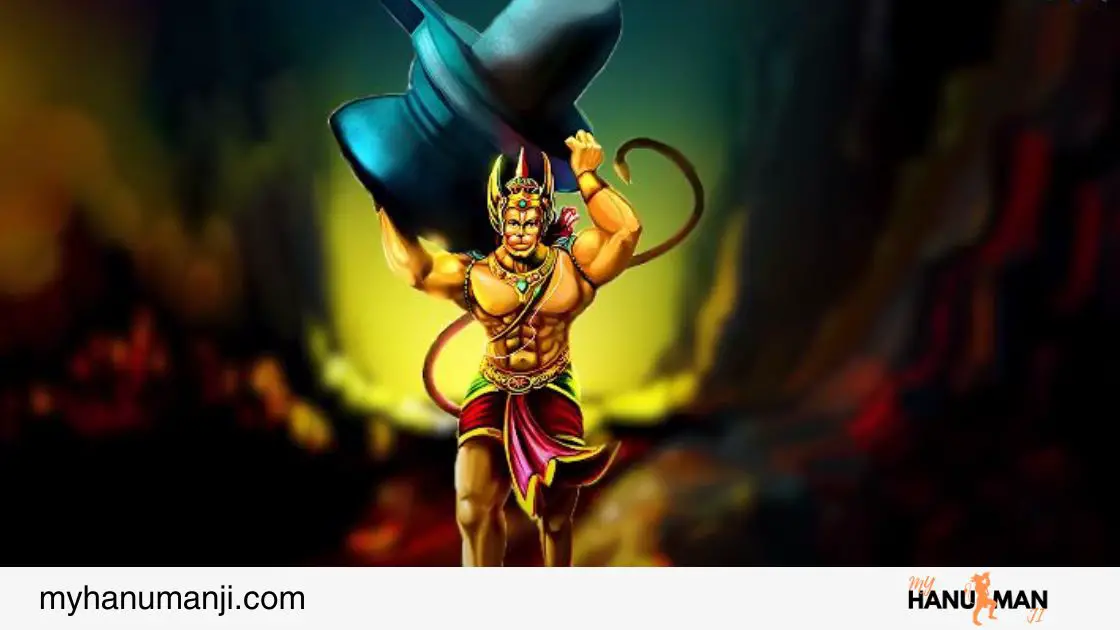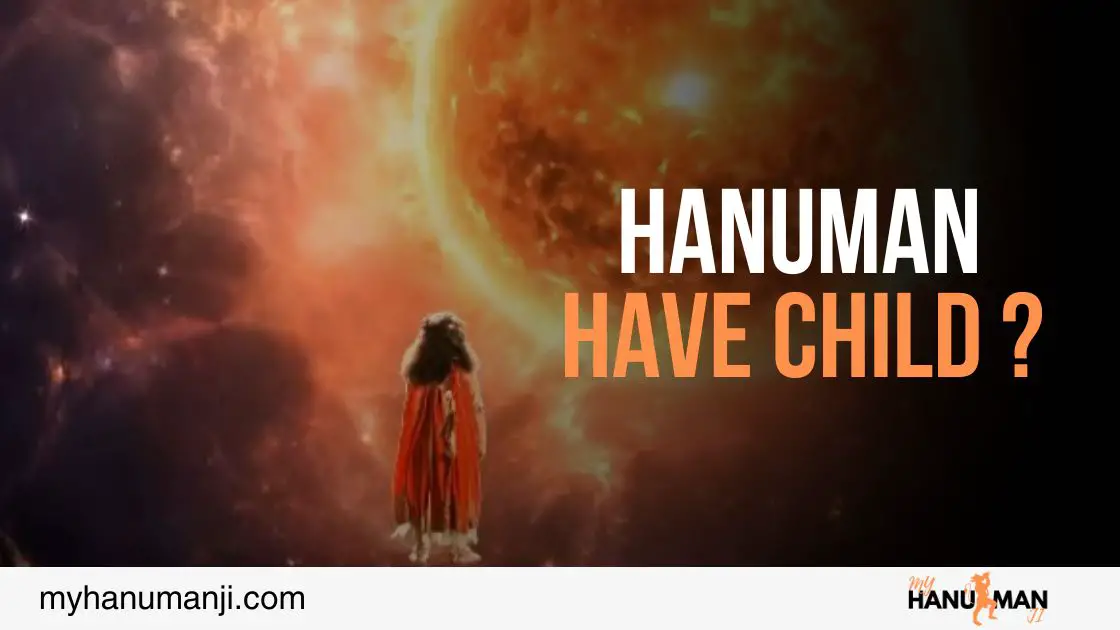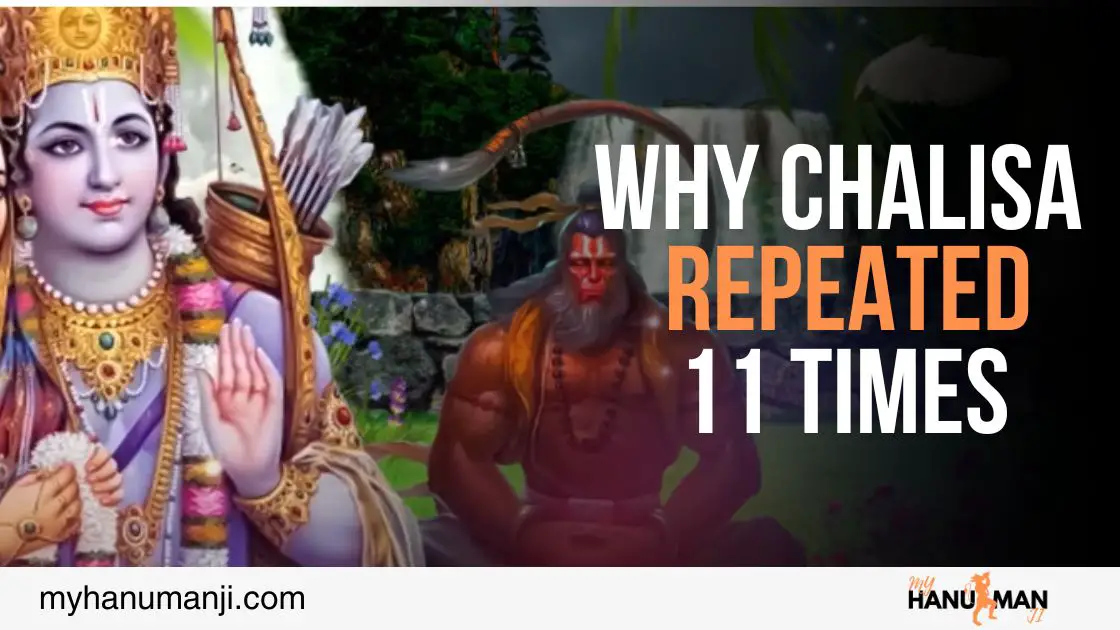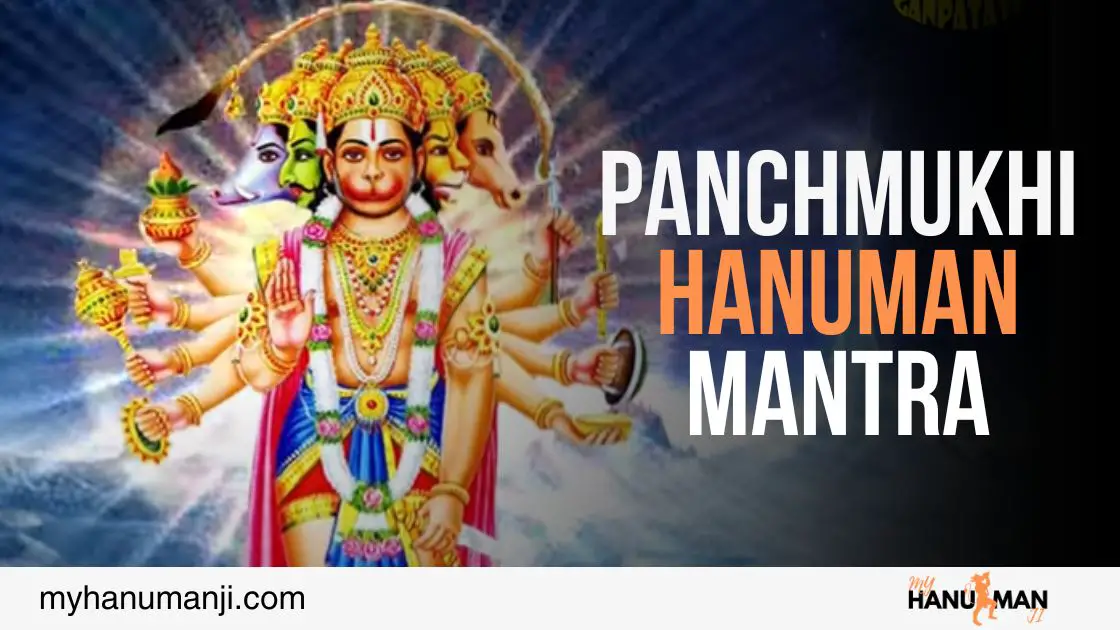Hanuman is widely celebrated for his heroic deeds and divine lineage, there is a lesser-known aspect of his story that revolves around the question of Did Hanuman have any child? In this blog, we will explore the intriguing myth surrounding Hanuman’s progeny, delving into the various beliefs and interpretations surrounding this topic. So, let us embark on a journey to unravel the mystery of Hanuman’s potential offspring.
Hanuman’s Celibacy and Divine Service

Before we delve into the question of Hanuman’s children, it is important to understand that Hanuman is often depicted as a celibate deity. His unwavering devotion to Lord Rama and his divine service have led to the belief that he remained unmarried and dedicated his entire existence to serving his beloved Lord. This aspect of Hanuman’s character is widely celebrated and revered, emphasizing his selflessness and single-minded devotion.
Folklore and Regional Beliefs

While the mainstream Hindu mythology does not mention Hanuman having any children, there are certain folk tales and regional beliefs that suggest otherwise. These variations in storytelling have given rise to different interpretations and narratives surrounding Hanuman’s progeny. Let us explore some of these intriguing tales.
1. Makardhwaja
One popular belief is that Hanuman had a son named Makardhwaja. According to the folklore, when Hanuman was leaping over the ocean to reach Lanka in search of Sita, a drop of his sweat fell into the mouth of a mighty fish. This fish, known as Makara, then gave birth to a son, Makardhwaja. Makardhwaja grew up to be a valiant warrior and played a significant role in the epic battle between Lord Rama and Ravana.
2. Hanuman’s Magical Powers
Another interpretation suggests that Hanuman possessed the power to create offspring through his divine abilities. It is believed that Hanuman could manifest his energy in various forms, including creating children. According to this belief, Hanuman could choose to have children if he desired, but there is no specific mention of their names or stories in the mythology.
3. Local Legends and Folklore
In different regions of India, there are local legends and folklore that attribute children to Hanuman. These stories vary greatly, with different names and attributes given to his supposed offspring. These tales often reflect the cultural and regional diversity of India, showcasing the rich tapestry of beliefs and traditions associated with Hanuman.
Symbolic Interpretations

Apart from the literal interpretations of Hanuman having children, there are symbolic and metaphorical explanations for the concept of his progeny. On the other hand, if we see the question ‘Did Hanuman have any child?’ from the scholar side. Some scholars suggest that the idea of Hanuman’s children represents the spiritual lineage and discipleship that he established. Hanuman is considered a guru (spiritual teacher) by many, and his teachings and guidance have been passed down through generations. In this sense, his “children” are the devotees who carry forward his legacy of devotion and service.
Conclusion
The question of whether Hanuman had children remains a subject of debate and interpretation within Hindu mythology. While mainstream scriptures and mythology do not explicitly mention his progeny, various folk tales, regional beliefs, and symbolic interpretations suggest otherwise. The stories of Makardhwaja and other potential offspring add layers of intrigue and complexity to the already fascinating character of Hanuman. Whether these tales are taken literally or seen as metaphorical representations, they contribute to the rich tapestry of beliefs and traditions surrounding Hanuman, the epitome of devotion and loyalty in Hindu mythology.




